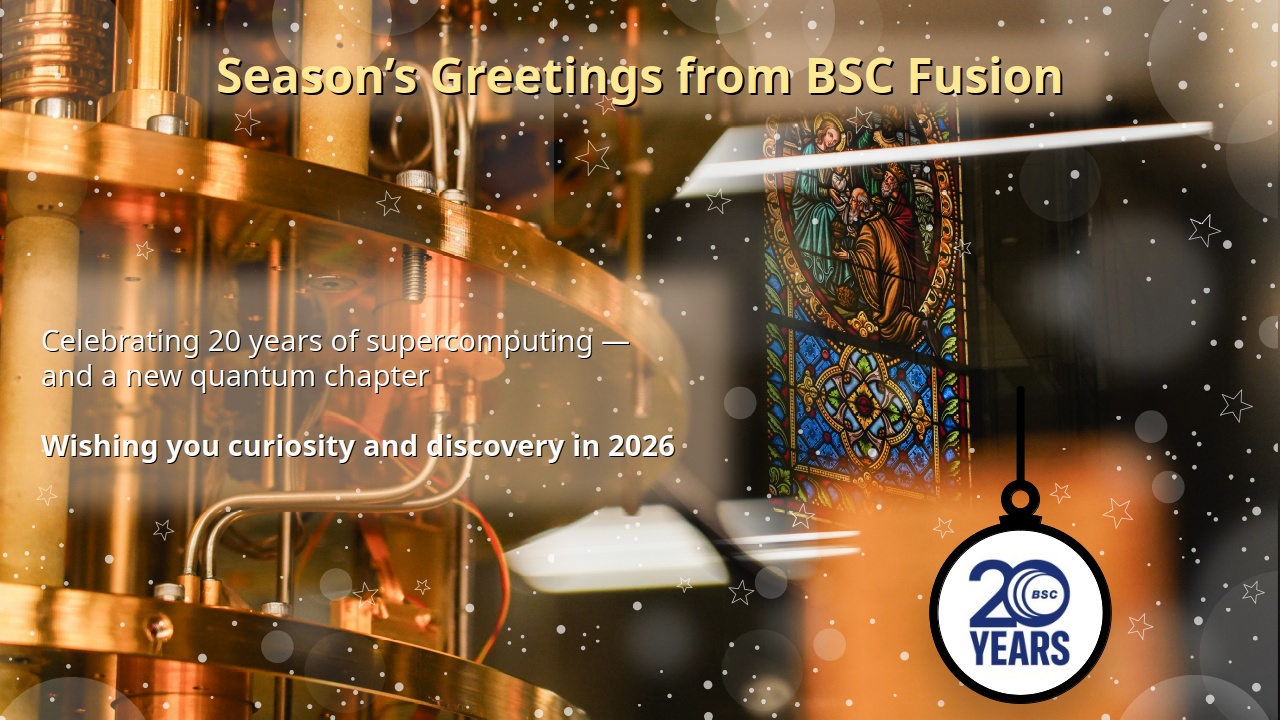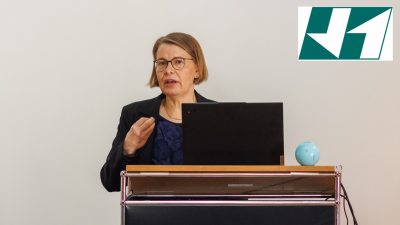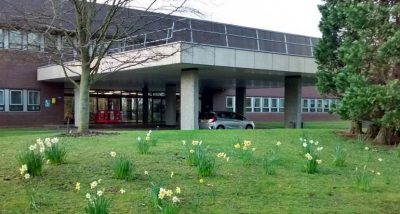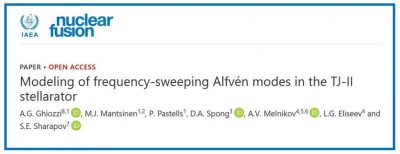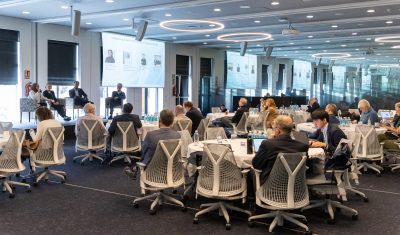
On 12 November 2025, BSC’s Fusion Group participated in a high-level panel discussion at the Cleantech Forum Europe 2025 in Sitges, Spain. The session, titled “Integrating Fusion into the EU Energy Roadmap,” brought together leading voices from research, industry, and policy to discuss Europe’s evolving role in the global fusion energy landscape.
The panel was moderated by Zainab Gilani (Cleantech Group) and included Mervi Mantsinen (Barcelona Supercomputing Center), Richard Kembleton (Gauss Fusion), and Pierre-Yves Chaffard (Fusion for Energy).

